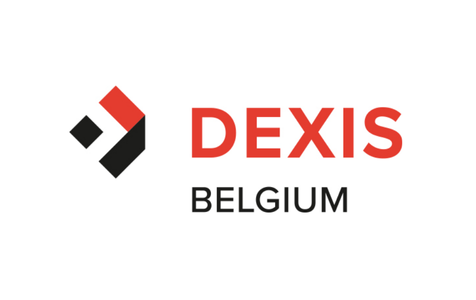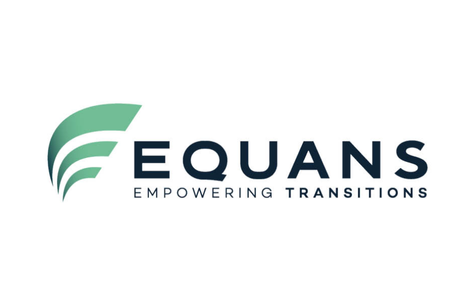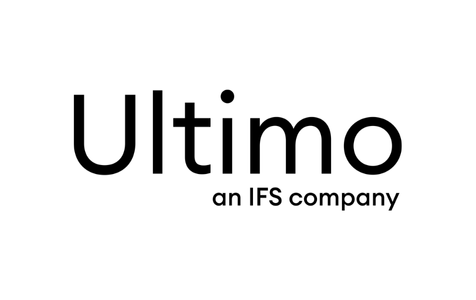Artificial intelligence in its own right
 Artificial intelligence seems to be taking on mythical forms. If you weigh the attention to and expectations of AI heavily, it almost has to become the solution to many of our contemporary challenges. Human resource shortages in the tech industry, autonomous systems, climate problem, energy and resource transition etc. AI is regularly linked in one way or another to these challenges as a solution or at least a contribution to them. But what can we actually expect from AI? To what extent are the expectations realistic? How can we respond to them as a company? Being critical about and creative with artificial intelligence (AI) are our guiding principles at Sitech.
Artificial intelligence seems to be taking on mythical forms. If you weigh the attention to and expectations of AI heavily, it almost has to become the solution to many of our contemporary challenges. Human resource shortages in the tech industry, autonomous systems, climate problem, energy and resource transition etc. AI is regularly linked in one way or another to these challenges as a solution or at least a contribution to them. But what can we actually expect from AI? To what extent are the expectations realistic? How can we respond to them as a company? Being critical about and creative with artificial intelligence (AI) are our guiding principles at Sitech.
Collaboration for understanding and application
Unfortunately, Sitech does not have the answers to the above questions, but we do try to discover the (added) value of AI. In doing so, we take a pragmatic approach. AI cannot happen without people and companies making AI possible. People and companies must then understand what AI is all about. Sitech would like to participate in a club of people, companies, educational institutions to foster understanding and knowledge of AI. To this end, we are trying to involve educational institutions in our region, such as VISTA, Zuyd Hogeschool and Maastricht University, in forming so-called "Communities" and/or "Field Labs" in the field of AI. These clubs are necessary to achieve cross-fertilisation. We learn from the educational institutions' knowledge in the field of AI and they learn about our needs and challenges. Together we fill our knowledge gaps and together we discover the value of AI. In doing so, we are not looking for point solutions, but want to develop generic methodologies for deploying AI. We want to understand it together so that we can all apply it. Together with educational institutions in the region, we want to put AI into practice. Together we want to be creative with AI and together we want to critically examine its potential. As a bonus of this collaboration, we are educating our current employees, today's students and thus the employees of the future in applying and understanding AI.
Data: the key to reliable AI
However, AI cannot do without data. Sitech can provide data from normally operated, chemical plants. However, we can provide less for failure data, simply due to the fact that this data is less prevalent in our datasets. Reliable AI needs to be trained on data, covering as wide a range as possible. To recognise anomalies in data and interpret them as a particular failure, data must be available about this failure. This can be done by simulating failures. Unfortunately, we cannot do this in the plants at Chemelot. We will solve this by building test set-ups together with VISTA college in Sittard. Engineers from Sitech and students from VISTA will design and build a test setup together. We will equip the setup with appropriate sensors. Students will operate the setup and generate data. Together with Sitech engineers, some failure of the test setup will be introduced based on the failure mechanisms, which are known to Sitech. Thus, we will create interesting datasets, which will serve as a basis to grow AI, which can not only detect the failure as an anomaly, but also interpret the anomaly. The datasets will be made available to our engineers and college and/or university students. In-depth analysis and the creation of descriptive and perhaps predictive models then lie ahead. Our engineers and interested students will work on this together.
Monitoring control valves with AI
Modern process plants use an extensive network of control loops to operate a plant. These control loops are designed to keep a process variable (e.g. pressure, flow, level, temperature, etc.) within a desired range to produce a high-quality end product. An essential component of this control loop is the control valve. The control valve manipulates the flow rate of a liquid, gas, steam, water or chemical compounds to keep process variable as close as possible to the desired set point. Control valves are often used in difficult conditions such as high temperatures, high pressure, corrosive and abrasive media. An improperly designed or poorly maintained valve can lead to wear, ageing and eventual failure. Valve failure can lead to unsafe situations, process disorder or plant shutdown. When a valve fails, it is usually "silent" and the problem becomes suddenly and unexpectedly noticeable to the process operator. To detect potential problems at an early stage, we want to monitor the "health" of valves based on data. Monitoring control valves in plants is very important to ensure safety and prevent production losses.
Smart positioners and AI
Control valves are controlled by positioners. Besides a control function, these positioners can also have data, which give an indication of the health of the valve. This data consists of statistical data (histograms) but also raw data such as air pressure and the actual position of the valve. Positioners with this kind of data are called smart positioners. Existing valves can be equipped with smart positioners. The positioners produce data on the control behaviour and health of the control valve in question.
Overcoming fragmentation in AI solutions
Artificial intelligence can help determine, interpret and perhaps even predict the state of a control valve based on data. The state of a valve is tracked by a kind of fingerprint of its data. A change in this fingerprint indicates a different state, provided this change is large enough to detect. A comparison of this change with already known and deduced changes can help to not only notice but also interpret the state change. A trend in the change can help predict a state. The methodology is well known, but the number of successful applications is still limited. At least too limited to be applied on a large scale in the process industry.
Steps to self-direction in AI research and implementation
Commercial solutions already exist to determine valve status based on data from positioners or control loops. However, these solutions have the major disadvantage of being point solutions for a specific supplier. Other suppliers may also have a similar solution. However, the data from the different providers cannot be merged without further ado, because the data are 'stuck' in the solution provider's data silo. These data also cannot be enriched with other process data, which means that the capabilities to detect valve failure cannot be fully exploited. We need to avoid the fragmentation of data and make data available without limitations to exploit its full potential. Furthermore, the models, used in said solutions, are also not public, so the quality of the solutions cannot be improved by deploying other models, even if they are available.
By taking control of the exploration of artificial intelligence and doing so together with companies and educational institutions in the region, Sitech aims not only to be prepared for future developments, but also to participate in these developments itself.

By Willem Offermans, principal engineer at Sitech






